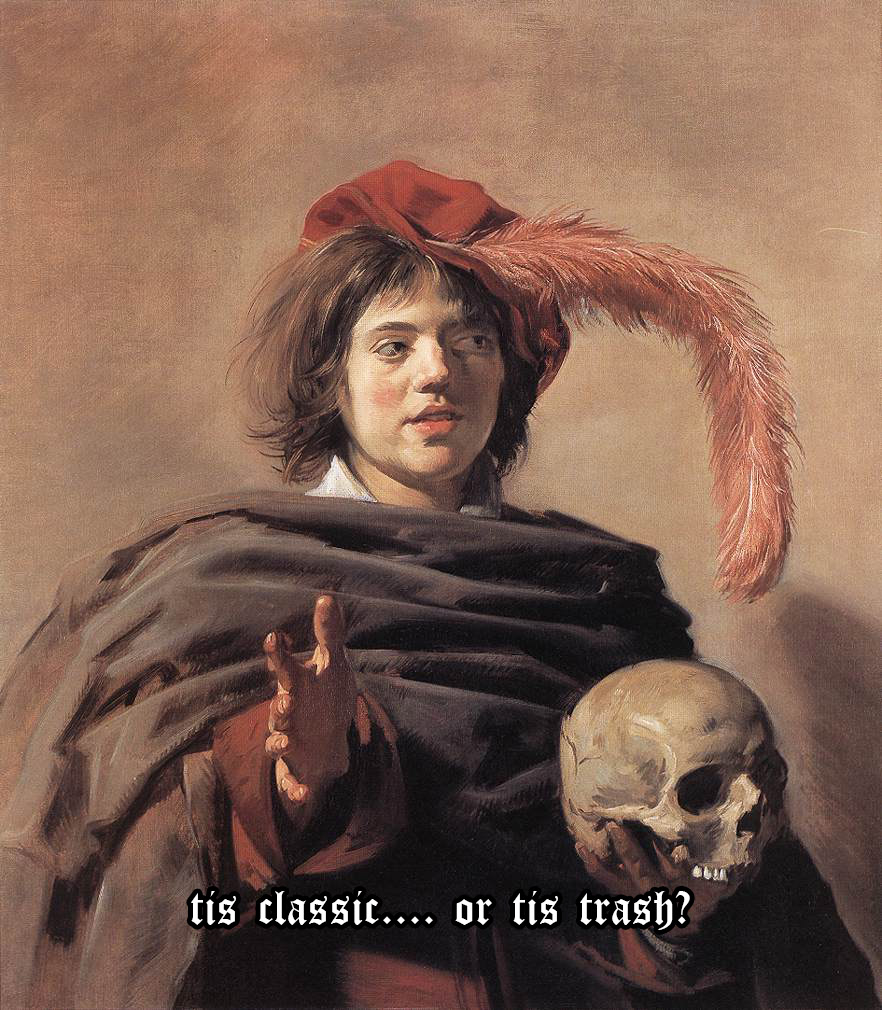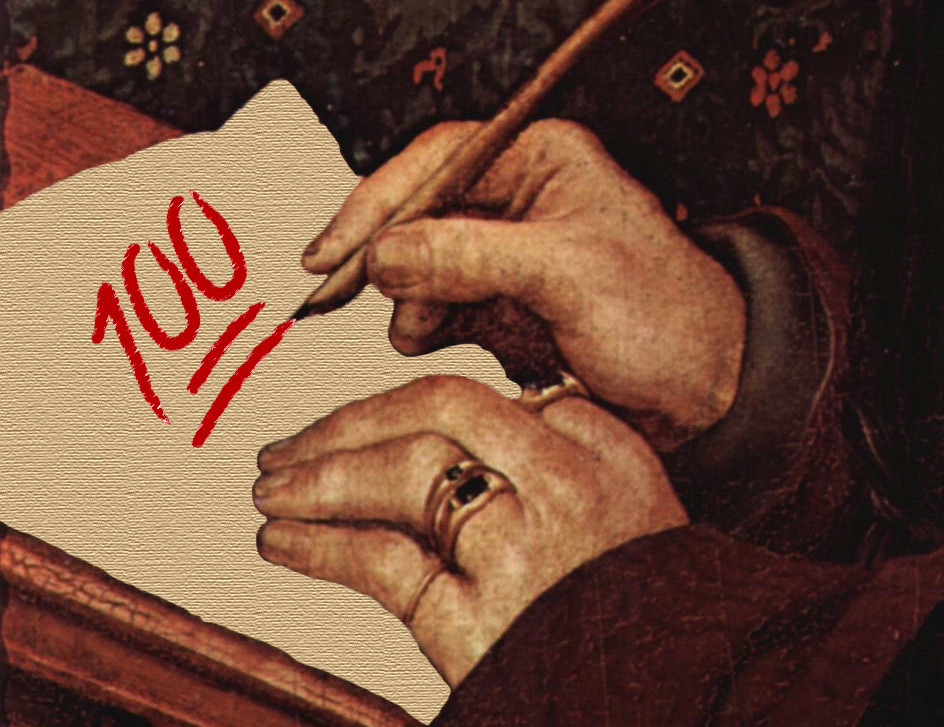So recently I was in a meeting with the superintendent of a public school district. When asked what issues concern him most as he considers the educational landscape of his region, he leaned forward and furrowed his brow, clasping his hands together in the very picture of paternal concern.
“When I see…” he began, pausing for emphasis. “When I see the way our young people communicate, it is, frankly, shocking to me. The texts. The tweets. I mean, I’ll tell you, some of them think that you, Y-O-U, is spelled ‘u.’ And Twitter. A hundred and forty characters.” Another pause. “A hundred and forty… can you imagine? I worry that one day that’s how everyone will communicate. Instead of novels, everything will be tweets.”
I more or less managed to maintain some semblance of professional composure, even among the somber nodding heads and murmurs of assent that filled the room. Setting aside for the moment the comedy of the idea that Twitter and text communication are more grievous social ills or district concerns than racism and inequity or poverty and hunger, the idea that Twitter will be the coup de grâce that finally KOs American literature once and for all is equally alarmist and ahistorical. The idea is not novel, of course; “a hundred and forty characters” has become the facile shorthand for all kinds of millennial deficiencies—shortsightedness, impulsivity, rhetorical dullness. (“Well, that’s the kind of thing that doesn’t come through in a hundred and forty characters.”) The hashtag suffers a parallel assault, serving as a proxy for all that is seen to be useless and self-serving about Twitter.
But what’s really so terrible about a hundred and forty characters? Where did we get the idea that to create art or convey an idea, you need to use lengthy prose or you’re doing it wrong? I’m reminded of a passage on concision from The Elements of Style:
“Vigorous writing is concise. A sentence should contain no unnecessary words, a paragraph no unnecessary sentences, for the same reason that a drawing should have no unnecessary lines and a machine no unnecessary parts. This requires not that the writer make all his sentences short, or that he avoid all detail and treat his subjects only in outline, but that every word tell.”
Strunk and White wrote The Elements of Style. I don’t have much to say about William Strunk, but E.B. White wrote Charlotte’s Web, which in case you forgot is a book about a spider that saved her friend from getting killed and eaten by writing messages like “radiant,” “humble,” and—my personal favorite—“some pig.” Talk about concise. Charlotte was a visionary in figuring out just what makes the…web work.
Anyway, though Strunk and White have a lot to teach us about concision and parsimony, the passage quoted above is a bit too long for a tweet. Like, way too long. The tweet version (the one that ensures that every word tell) would be like this:
Vigorous writing is concise. A sentence should contain no unnecessary words, a paragraph no unnecessary sentences. Strunk & White #dagawds
Or, even better, you could replace the hashtag with the glowing-hands-uplifted-in-praise emoji , which would probably be my personal choice. And unsurprisingly, Shakespeare does the whole thing one better. “Brevity is the soul of wit.”

Adam Kirsch, a senior editor at The New Republic, would evidently disagree with the Bard and take sides with our superintendent friend. In a (notably brief) opinion piece in the New York Times Sunday Book Review, Kirsch alleged that the “yes-or-no judgment” invited by Twitter doesn’t hold a candle to real literary criticism, and furthermore, “a 140-character tweet is not a replacement for literature. That’s because criticism, like literature, is not information but experience: the experience of a mind engaged with a text — that is, with another mind. The more our everyday discourse is truncated and instrumentalized by technology, the more important it is that this kind of writing remain open-ended and free: two adjectives that have never been used to describe a tweet.”
But come on. I just quoted Strunk and White and Shakespeare, didn’t I? The long and illustrious history of concision as a virtue in “high” literature—and the fact that it is arguably the greatest defining trait of a tweet as a textual form—might be reason to doubt that the trouble with tweets is really that they’re too short. Furthermore, is it fair to say that “technology” writ large has truncated our discourse or diminished textual engagement, when more platforms are enabling more people to say more things on a scale never previously imagined? It makes you wonder if maybe the whole character limit thing is a red herring. Maybe Twitter is unsavory because its users are too wayward, irreverent, and defiant of the “rules.” After all, what kind of despicable person omits the first two letters from the word you?
The fact is, there’s nothing new in American history about consumers and creators of new literary or textual forms facing these accusations. Every couple of decades, some terribly lowbrow upstart form comes along and tries to put an end to the esteemed institution we call Real Literature. Before Twitter, comics and films had their day in the sun as society’s foremost art murderers. And before either of them came along, there was this really trashy, scandalous, contemptible thing known as the novel. As acclaimed literary critic Morris Dickstein writes in The Raritan Quarterly:
In the eighteenth and early nineteenth centuries the novel was a popular form that enjoyed no high cultural standing. With its catch-all content, serviceable prose, piquant characters, and relentless emphasis on what happens next, it was the upstart of the arts, the wild child, rowdy, undisciplined, and crowd pleasing….Novels offered an invitation to self-indulgence, daydreaming.
Self-indulgence. Daydreaming. What could be more millennial?
I love novels. I think that D.H. Lawrence was right when he wrote in the aptly-titled “Why the Novel Matters” that “the novel is the book of life.” (Even if he said so in the context of an essay full of Kanye-level enigmatic grandiosities such as “being a novelist, I consider myself superior to the saint, the scientist, the philosopher, and the poet, who are all great masters of different bits of man alive, but never get the whole hog.”) But if I could look into the future and know that my descendants will forsake the novel for a world where “everything will be tweets,” I would have no more right to be upset than Homer would be if he found out that people don’t stand around reciting epic poetry from memory anymore, and that his work has been “truncated and instrumentalized” by the insidious, inferior technology of the printing press. Assuredly, he would have something to tweet about it. Something brief and full of wit. Maybe like:
Let me not then die ingloriously and without a struggle, but let me first tweet some great thing that shall be RTed among men hereafter.
Or something like that.


Comments
Awesome article! Definitely brings out this powerful point that some have pondered for years, since the influx and expanaion of Twitter, “Is this the summary of my literature experience?” My opinion: Literature, in book form, will always be relevant. Social media will never replace it. It has a permanent place in our world, and it will resonate forever, along with this new found inclusion of social media Tweets and “summarized” 140 character think pieces.
There is a point here that isn’t made, which should be. This line is very good:
“That’s because criticism, like literature, is not information but experience: the experience of a mind engaged with a text — that is, with another mind.”
The missing point is that the professor’s trashing of Twitter or the evolving modalities of talking online isn’t coming from the tweets being bad or the content of what is said. It’s coming from the disengaging of the professor’s mind from those things. The professor’s slow accumulations of small choices over time prevented him from getting much of an emotional response from what he’s reading. He then falls into the trap of thinking that if HE doesn’t get anything from it – therefore it’s trash to EVERYONE.
There are ancient Babylonian and Egyptian texts lamenting the churlishness of youths and the disregard of old traditions, ways of speaking and so on. The youth of tomorrow will always be trashed by significant chunks of the oldsters of today who’ve put on the rose-colored glasses to look at yesterday.
It’s pretty much a requirement for some rule-breaking to get truly good at communication in whatever format. Some rule-adherence has to occur as well, but not particularly in length or socially imposed constraints upon delivery mechanism.